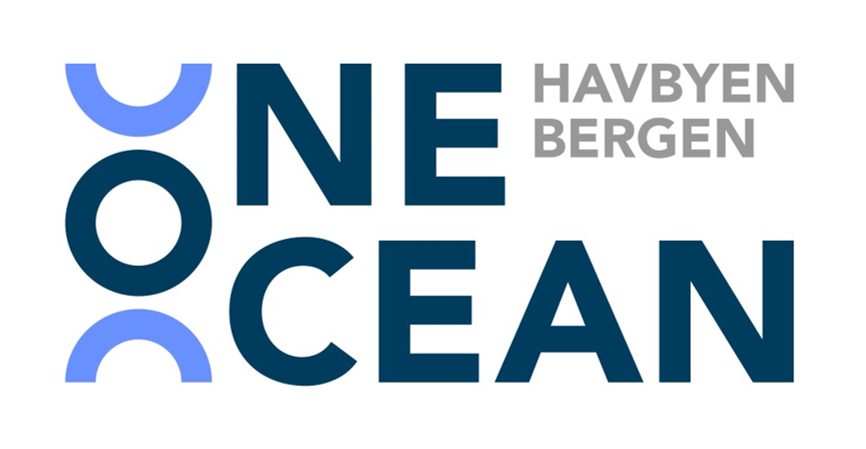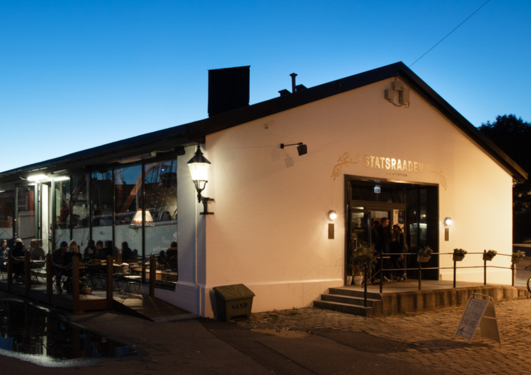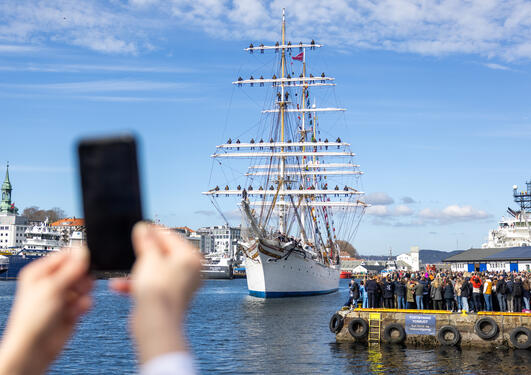Surviving the late night oxygen drops in coral reefs – insights from 6 months in French Polynesia
Coral reefs produce a lot of oxygen during the day (thanks to photosynthesis), but at night the oxygen levels decrease. Can this threaten fishes at the reef, or do they have strategies to survive? To find out we spent six months of fieldwork and experiments on the island of Moorea in French Polynesia.

Main content
About the event (held in English)
Surviving the late night oxygen drops in coral reefs – insights from 6 months in French Polynesia
Coral reefs produce a lot of oxygen during the day (thanks to photosynthesis), but at night the story changes. As night progresses… oxygen levels go lower, lower, and lower. Can this threaten fishes at the reef? Or do they have strategies to survive? To find out we spent six months doing underwater fieldwork and experiments on the island of Moorea in French Polynesia.
Learn more about coral reefs, underwater fieldwork and everyday life of scientists doing fieldwork at night.
Andrea Campos Candela and Rachael Louise Morgan, both postdoctoral researchers at the University of Bergen, will share with you their full experience.
The event is free and open for all!

When: 30.01.2025 - 19.00–20.00
Where: Statsraaden Bar & Reception, Bradbenken 2
Organisers: Ocean Science Bar is a collaboration between Statsraad Lehmkuhl, the University of Bergen, the Institute of Marine Research, NORCE, and the Nansen Center. At the Statsraaden Bar & Reception you are welcome to enjoy highlights from marine research and ocean related issues in informal and relaxing surroundings.


